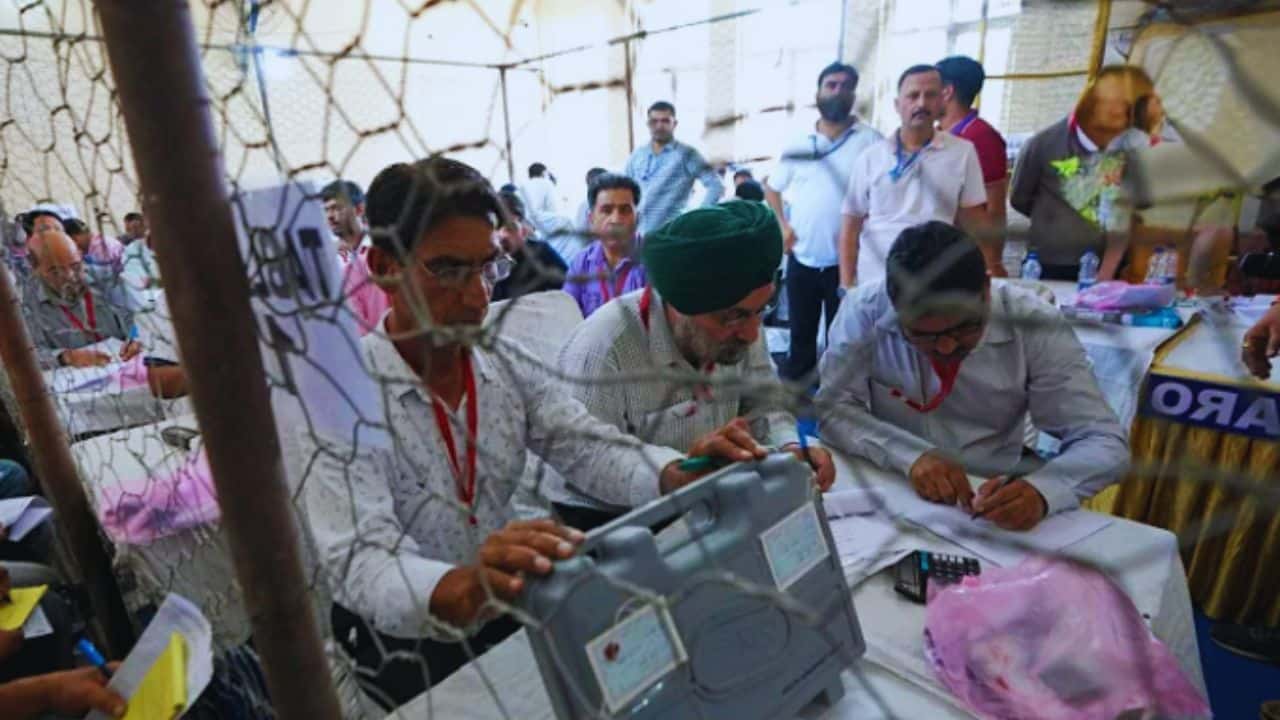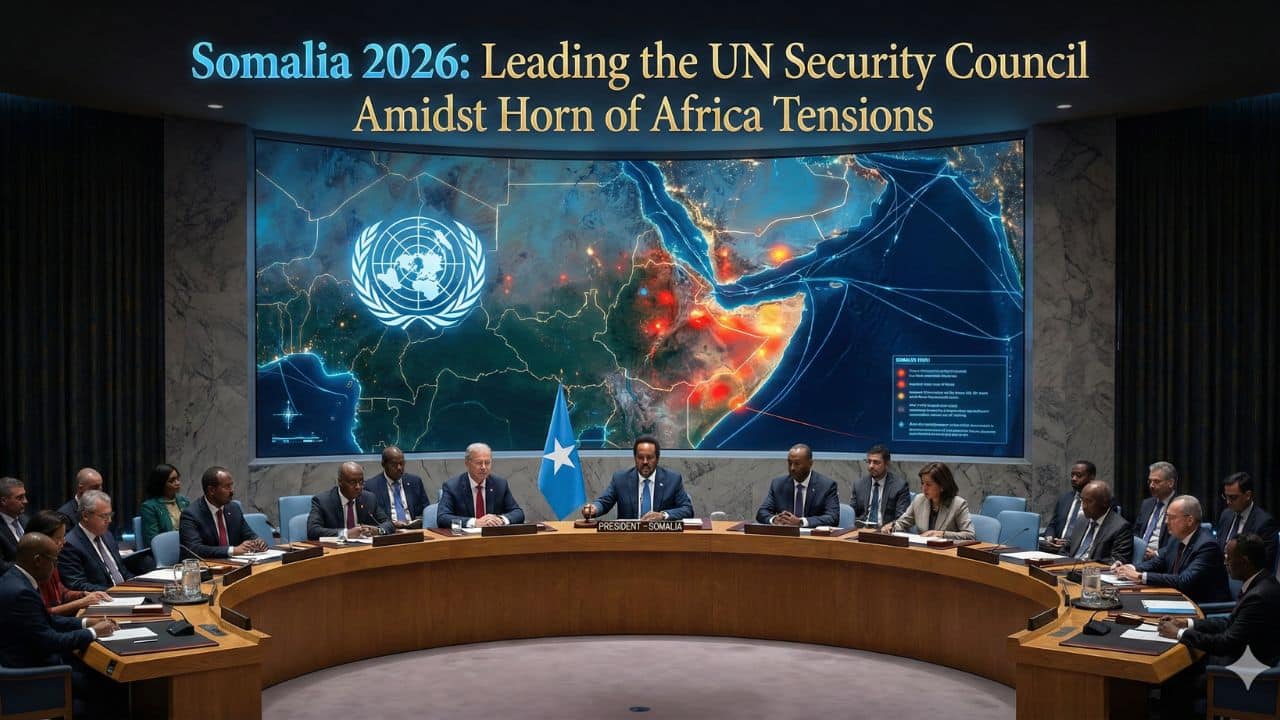India has embarked on the critical process of counting votes in its marathon election, a democratic exercise involving over 640 million ballots. This election, spanning six weeks, is seen as a decisive referendum on Prime Minister Narendra Modi’s decade-long leadership.
As the nation anticipates the results, Prime Minister Narendra Modi stands on the brink of securing a historic third term, a feat achieved only once before by Jawaharlal Nehru, India’s first prime minister.
The outcome of this election will not only shape the future of India’s political landscape but also reflect the country’s sentiment on Modi’s transformative and controversial tenure.
Expected Outcome
Exit polls conducted by major television channels on Saturday have projected a comfortable victory for Modi’s Hindu nationalist Bharatiya Janata Party (BJP) and its allies.
According to these polls, Rahul Gandhi’s Congress party will lead a broad opposition alliance against the BJP. However, it’s worth noting that Indian television channels have had a mixed record of accurately predicting election outcomes.
Voter Turnout and Counting Process
Nearly 970 million people, over 10% of the global population, were eligible to vote in this election. The voter turnout averaged around 66% across the seven phases, according to official data.
The counting of votes at various centers in the 543 constituencies could continue into the evening, with the Election Commission of India expected to declare the final result. Early leads, however, will provide a preliminary indication of the outcome.
Election Amidst Extreme Heat
Voters faced extreme heat, with temperatures soaring above 45 degrees Celsius (113 Fahrenheit) in some regions. Chief Election Commissioner Rajiv Kumar acknowledged that the elections should have been completed earlier to avoid the intense heat.
Party Activities on Counting Day
On the day of the vote counting, BJP workers in New Delhi performed a Hindu ritual, while Congress supporters at their headquarters expressed optimism and chanted slogans in support of Rahul Gandhi.
Modi’s Transformative Decade
In his ten years in power, Modi has significantly reshaped India’s political landscape. His popularity has often overshadowed his party’s, turning parliamentary elections into presidential-style campaigns.This shift has made the BJP increasingly reliant on Modi’s enduring appeal to maintain power, even at the state level.
Divisive Leadership
While his supporters view Modi as a self-made, decisive leader who has improved India’s international standing and implemented pro-business policies, his administration has also been characterized by significant divisions.
Critics argue that his Hindu-first politics have fostered intolerance and hate speech, particularly against Muslims, who make up 14% of India’s population.
Economic Disparities
Under Modi’s leadership, India’s economy has grown rapidly, becoming the world’s fifth-largest. However, this growth has not been evenly distributed, leading to increased inequality. Youth unemployment has surged, with only a small segment of the population reaping the benefits of the economic boom.
Democratic Concerns
Modi’s critics claim that democracy in India is faltering under his administration. They accuse the government of using strong-arm tactics to suppress political opponents, control the media, and quash dissent. The government denies these accusations, asserting that democracy is thriving.
Election Campaign Themes
The BJP’s campaign initially focused on “Modi’s guarantees,” emphasizing economic and welfare achievements.
Modi promised that India would become a developed nation by 2047. However, as the campaign progressed, Modi’s rhetoric became more polarizing, targeting the Muslim minority to energize his Hindu majority base.
Opposition Challenges
Modi’s Hindu nationalist politics have come under fire from the opposition alliance, known as the India alliance and headed by the Congress party. They hoped to capitalize on economic discontent, focusing on issues such as joblessness, inflation, and inequality. However, the alliance has faced internal ideological differences and defections, raising doubts about its effectiveness.
Allegations of Political Targeting
The opposition has claimed that they have been unfairly targeted through raids, arrests, and corruption investigations by federal agencies, which they say are politically motivated. The government has denied these allegations.
Historical Context
A victory for Modi would cement his status as one of India’s most significant leaders, following a landslide win in 2019, where the BJP secured 303 out of 543 parliamentary seats. The results of this election will be closely watched as they unfold, determining the future political direction of the world’s largest democracy.






































